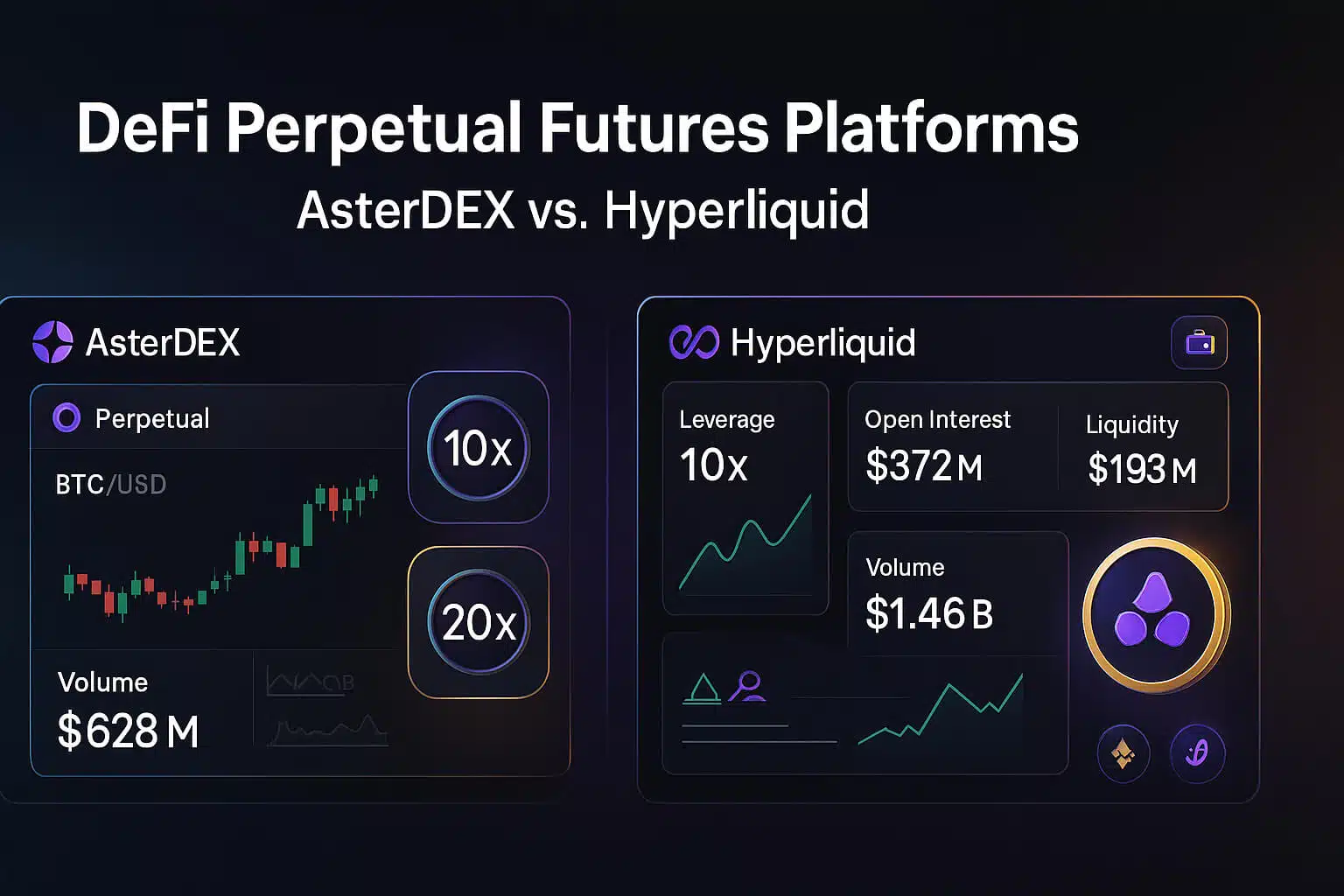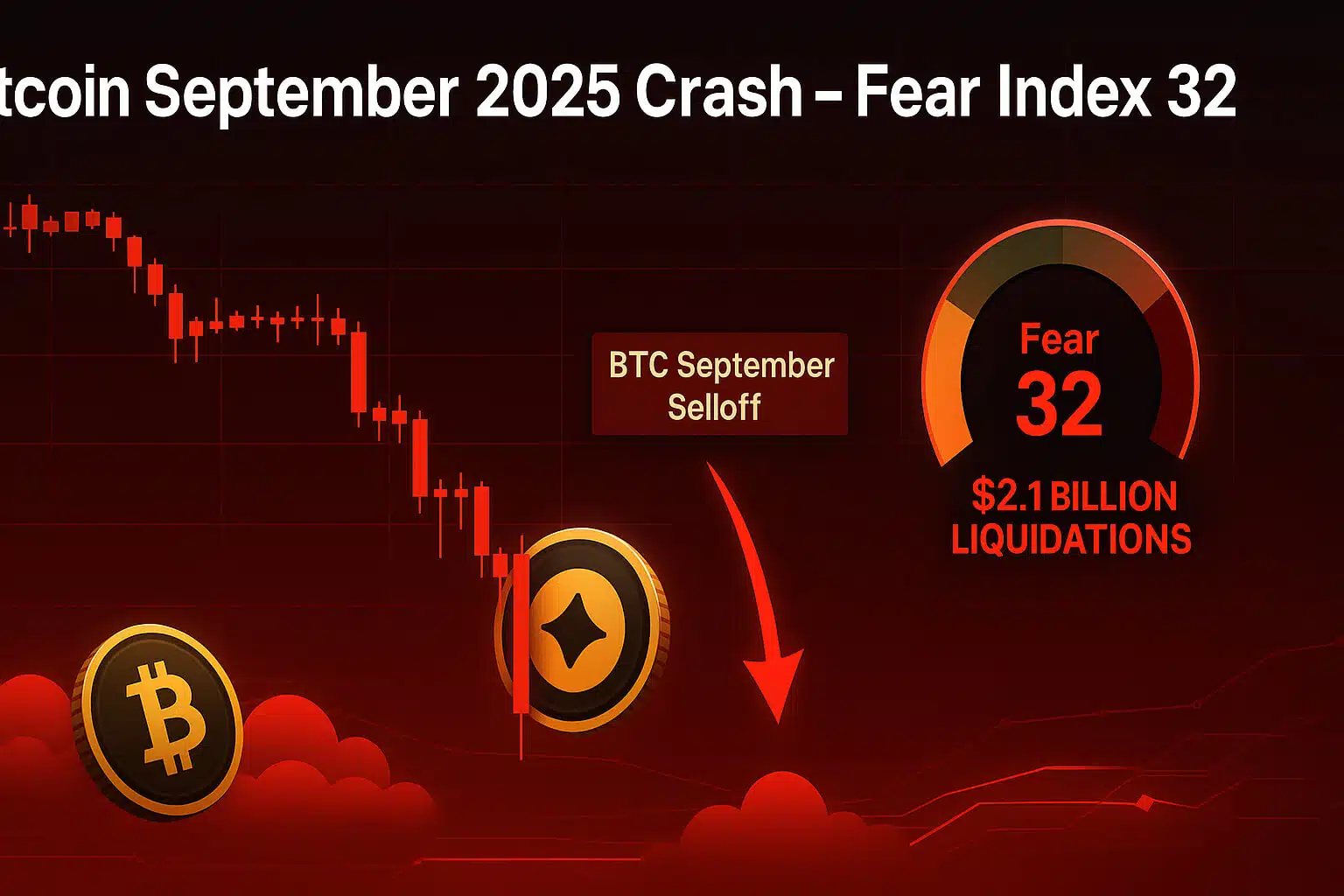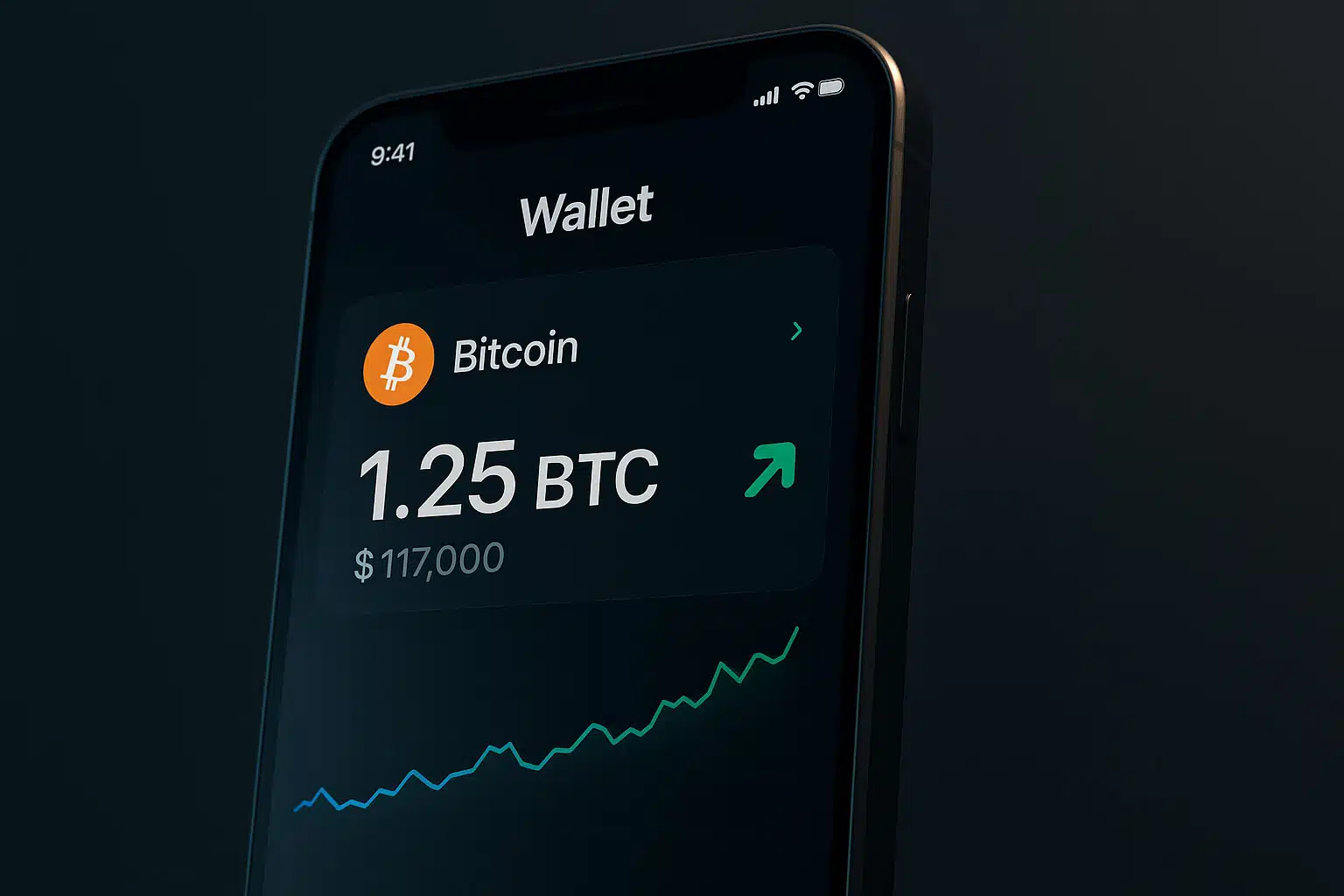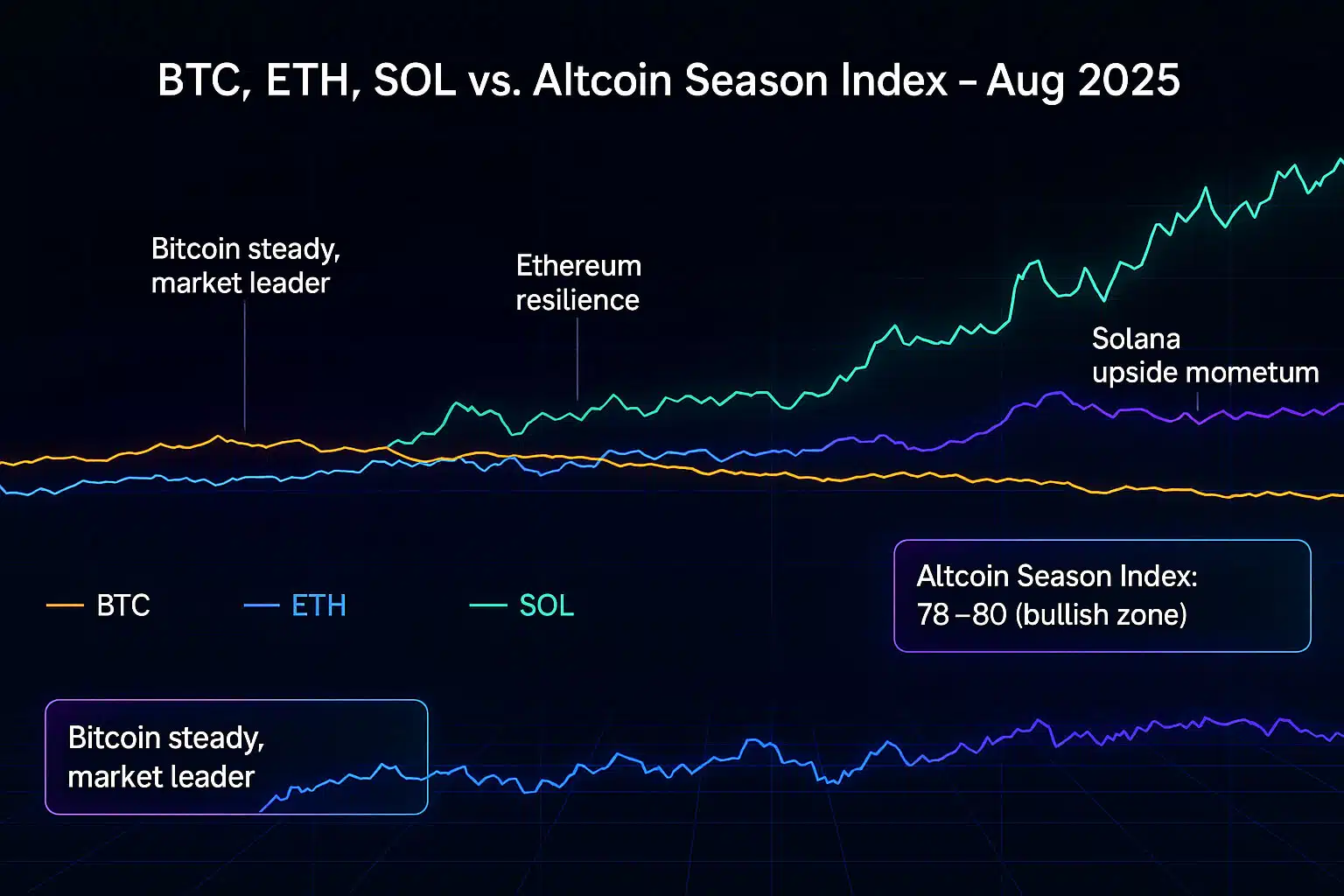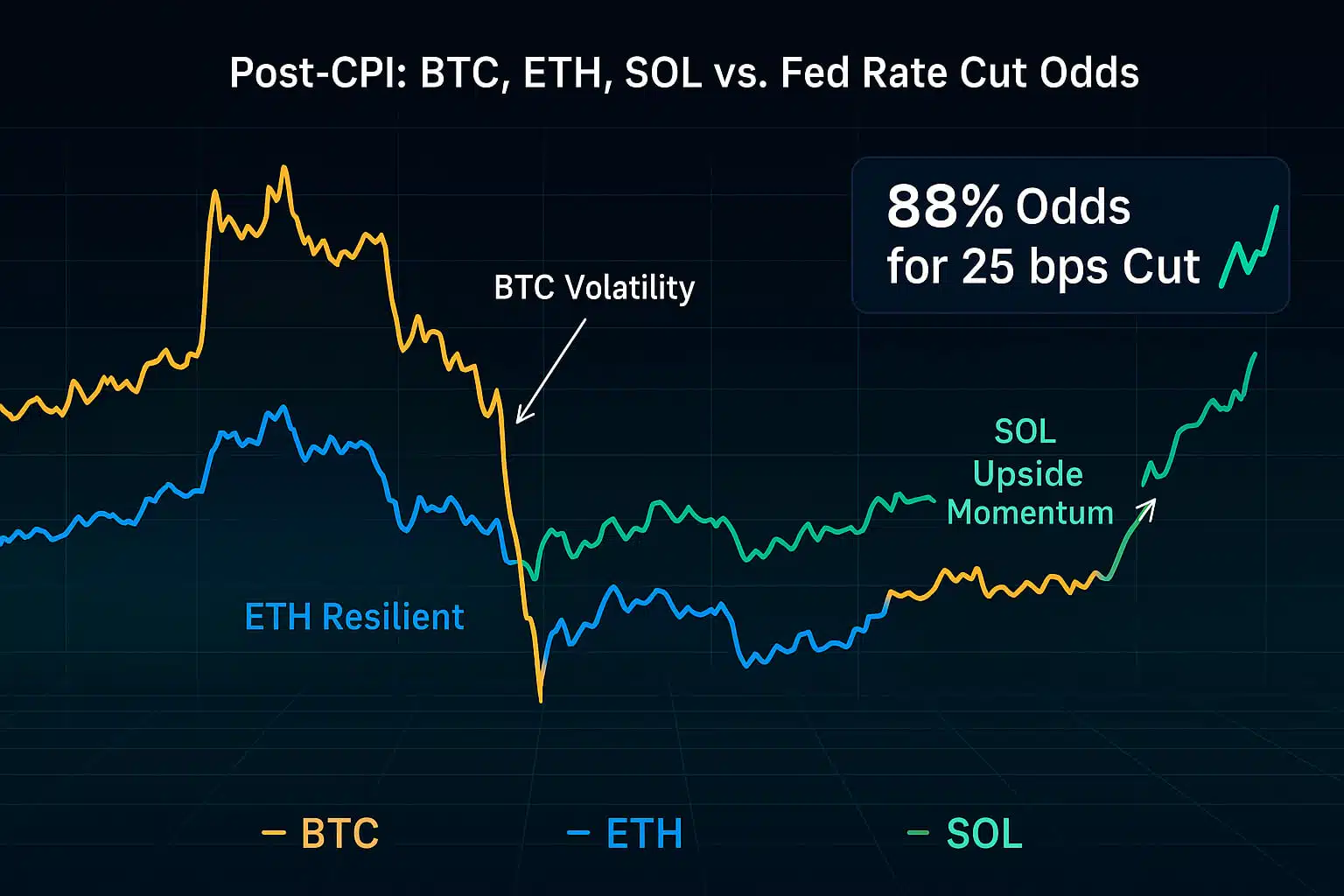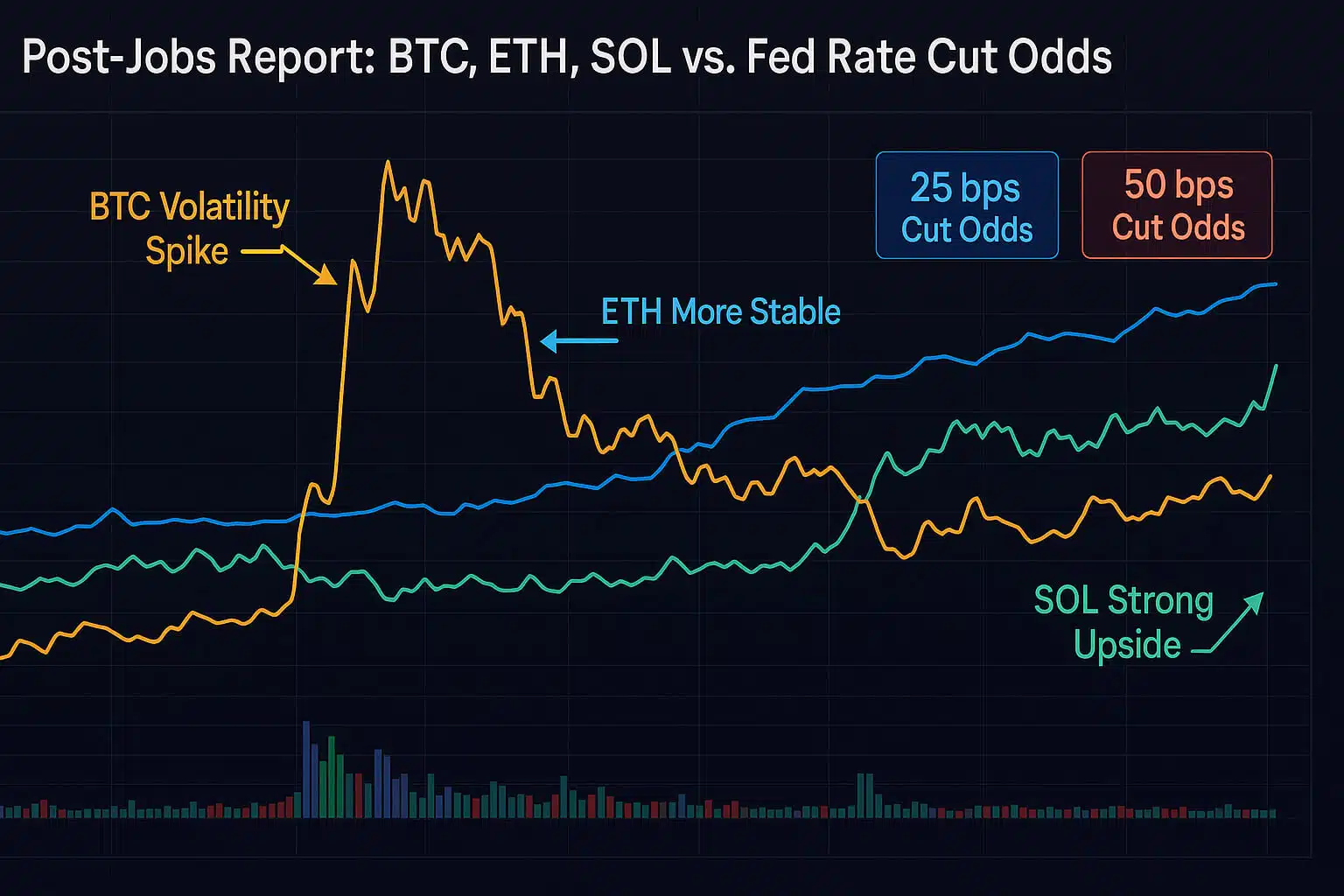In an increasingly digital world, millions of people still lack access to basic financial services. Around 1.4 billion adults globally remain unbanked, meaning they have no access to a bank account, credit, or other financial tools. This limits their ability to participate in the global economy. Cryptocurrencies, with their decentralized nature and global accessibility, are emerging as a powerful solution to this problem. By providing an alternative to traditional banking systems, cryptocurrencies are driving financial inclusion and offering economic opportunities to underserved populations. But how exactly are cryptocurrencies making this possible?
Let’s explore the ways crypto is empowering the unbanked and underbanked around the world.
1. Eliminating Barriers to Financial Services
Traditional banking systems come with numerous barriers that prevent people from accessing financial services. In many regions, especially developing countries, factors like geographical isolation, lack of documentation, and low income make it difficult to open a bank account. Cryptocurrencies eliminate many of these barriers by providing decentralized financial services that anyone can access with an internet connection.
Example:
Consider someone living in a remote village in Kenya. Opening a bank account may require traveling to the nearest city, presenting multiple forms of identification, and maintaining a minimum balance—all of which may be impossible for them. However, with a smartphone and internet access, they can create a crypto wallet in minutes, giving them access to global financial systems without needing a physical bank.
This accessibility is a game-changer for millions of people, offering them a way to send, receive, and store money securely without relying on traditional banks.
2. Reducing Transaction Costs
Another critical advantage of cryptocurrencies is their ability to reduce transaction costs. Traditional financial systems often impose high fees for money transfers, particularly for cross-border transactions. For the unbanked, sending money to family members or receiving international remittances can be costly and time-consuming.
Cryptocurrencies, by contrast, offer a low-cost alternative for transferring money across borders.
Example:
A migrant worker in the United States may want to send money back to their family in El Salvador. Using traditional remittance services, the worker could face fees as high as 10-15%, depending on the service and country. With Bitcoin or another cryptocurrency, they can send the funds directly to their family’s digital wallet, often for a fraction of the cost and within minutes.
By reducing these transaction fees, cryptocurrencies enable families to retain more of their hard-earned money, which can make a significant difference for those living on limited incomes.
3. Offering Security and Privacy
For many people in underserved regions, trust in financial institutions is low due to concerns about corruption, fraud, or government control. Cryptocurrencies offer a solution by operating on blockchain technology, which is decentralized and transparent. Blockchain ledgers record all transactions on a public network that cannot be altered, providing a higher level of security than traditional banking systems.
Example:
Imagine a person living in a country with high political instability or a history of government seizures of private funds. By storing their wealth in cryptocurrency, they have control over their assets without the risk of government interference or bank mismanagement. Only the individual holds the keys to their crypto wallet, ensuring they maintain ownership over their funds.
Cryptocurrencies also provide greater privacy, as users don’t need to disclose personal information or submit to invasive checks to create an account or perform transactions.

4. Enabling Access to Global Markets
One of the most significant contributions of cryptocurrencies to financial inclusion is the ability to connect users to global markets. For the unbanked, opportunities to invest or participate in international trade are minimal. Cryptocurrencies allow individuals in developing countries to engage in global commerce, earn income, and store value in stablecoins that aren’t tied to volatile local currencies.
Example:
A craftsperson in a rural village in Southeast Asia could sell their products on international e-commerce platforms and receive payment in cryptocurrency. This allows them to bypass local financial institutions that may charge high fees or be unreliable. With crypto, they can transact with buyers globally, store earnings in a stable cryptocurrency (such as USDT), and reinvest in their business.
This global connectivity empowers small business owners and freelancers, giving them a platform to grow economically beyond their local market.
5. Decentralized Finance (DeFi) for Financial Access
Decentralized Finance, or DeFi, is an offshoot of cryptocurrency that is redefining financial services. DeFi platforms provide lending, borrowing, saving, and investing opportunities without the need for a traditional financial institution. These services, typically offered on blockchain networks, are available to anyone with a crypto wallet.
Example:
Consider a small farmer in Nigeria who needs a loan to purchase seeds and equipment for the growing season. Getting a loan from a traditional bank may be difficult due to lack of credit history or collateral. However, DeFi platforms like Aave or Compound allow users to borrow crypto by using other cryptocurrencies as collateral. The farmer could access a loan through a DeFi platform by staking a small amount of their existing cryptocurrency, bypassing the need for traditional banks entirely.
By democratizing access to financial services, DeFi gives the unbanked and underbanked access to credit and investment opportunities that were previously unavailable to them.
6. Financial Inclusion in Times of Crisis
Cryptocurrencies also play a crucial role in times of crisis, when traditional financial systems fail or when inflation erodes the value of local currencies. During economic downturns or conflicts, cryptocurrencies can serve as a stable store of value and a reliable means of transferring funds.
Example:
In countries like Venezuela, where hyperinflation has severely devalued the national currency, many people have turned to Bitcoin or stablecoins to protect their savings. By converting local currency into cryptocurrency, citizens can preserve the value of their money and access international markets. Similarly, during times of political unrest, people can move their funds into crypto wallets for safekeeping, without relying on unstable financial institutions.
Cryptocurrencies offer a lifeline in situations where traditional financial systems collapse or become unreliable.
Conclusion
Cryptocurrencies are playing a transformative role in advancing financial inclusion by providing access to banking services, reducing transaction costs, increasing security, and enabling participation in the global economy. For millions of unbanked and underbanked people worldwide, cryptocurrency represents more than just an investment opportunity—it offers a pathway to economic empowerment and financial independence.
As cryptocurrencies and blockchain technology continue to evolve, they will likely become even more integral in bridging the financial gap and driving inclusion for underserved communities across the globe.
For more insights and detailed guides on cryptocurrency’s role in financial inclusion, visit our Cryptocurrency and financial inclusion Guides.
Stay Updated
For the latest updates on how cryptocurrency is impacting financial inclusion and other blockchain innovations, follow us on:
Stay informed with the latest trends and strategies in the crypto world at FreeCoins24.io.
Special Offer
Looking to explore crypto for personal financial solutions? Sign up on Bybit today and claim up to $30,000 in deposit bonuses. Start experiencing the power of crypto in transforming financial access!








